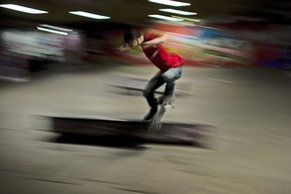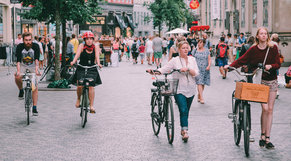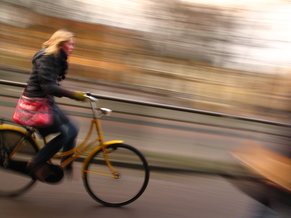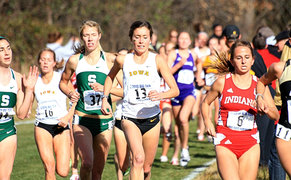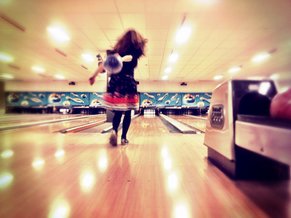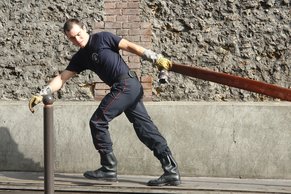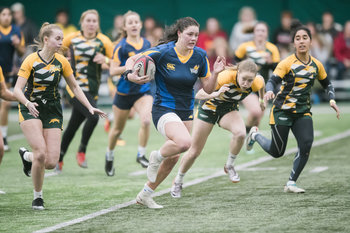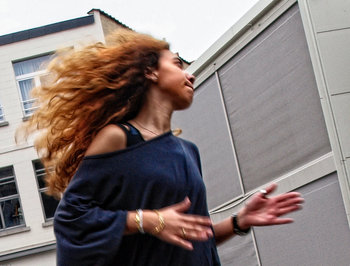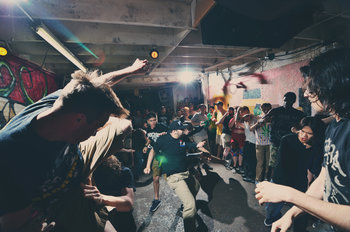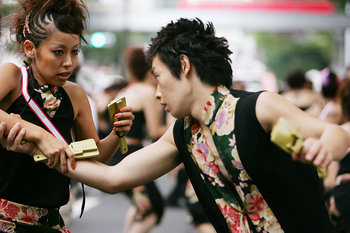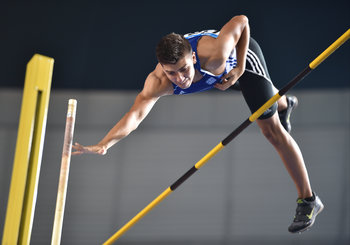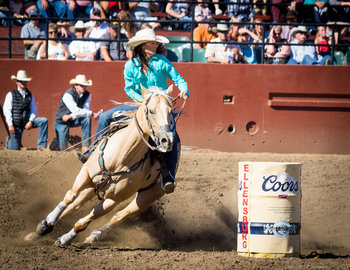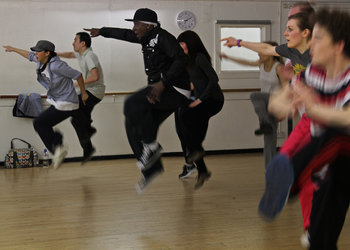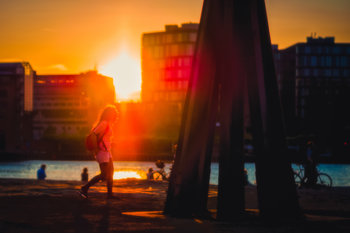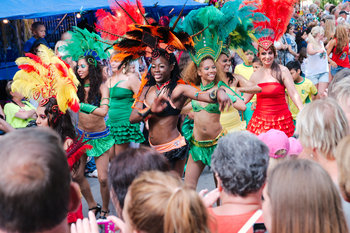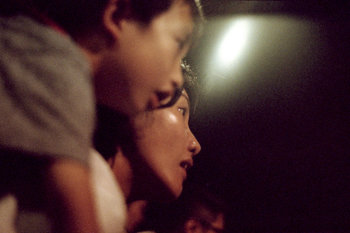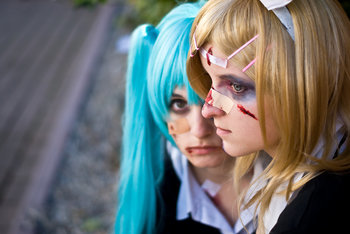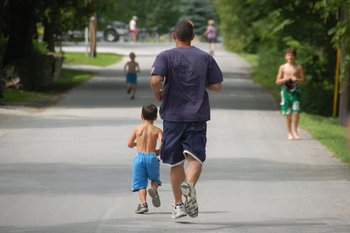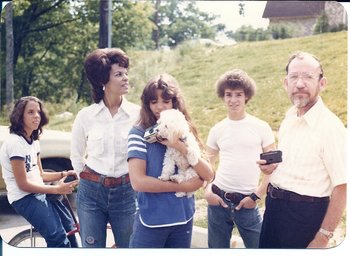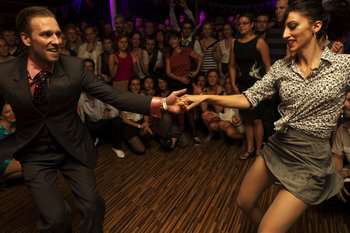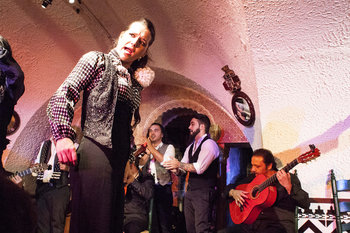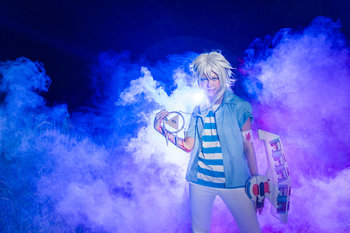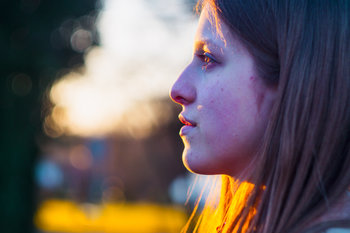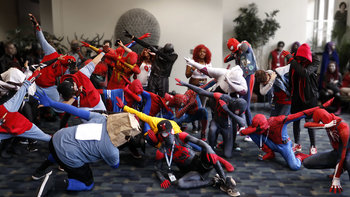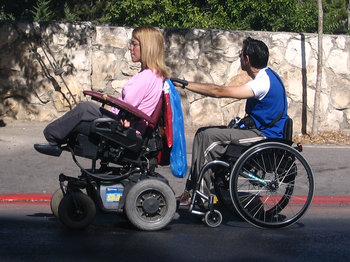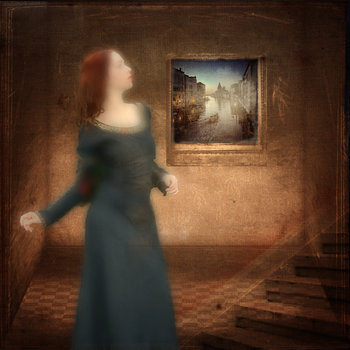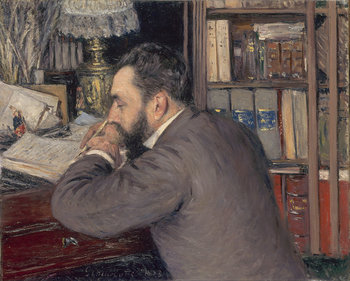
Adventure Sports | Aerobics |
Agrarian Movements / Back-to-the-land Movements | Bathing Culture |
Beach Culture | Body Culture |
Boxing | Calisthenics |
Camping | Canoeing |
Cycling | Dance |
Exercise Clubs / Classes / Personal Trainers / Meetups | Exercise Routines |
Fencing | Gymnastics |
Gyms & Fitness Clubs | Hiking |
Hot Springs | Immersive / Physical Video Games |
Kendo | Martial Arts |
Mountaineering | Physical Education |
Play (Youth Culture) | Rites of Passage (e.g. feats of strength) |
Rough & Tumble Play | Running |
Sailing | Saunas |
Self-Sufficiency Movements | Skateboarding |
Skiing | Snowboarding Culture |
Spas | Sports / Athletic Competitions |
Sports Festivals | Team Sports |
Track & Field | Traditional Activities (e.g. Dance Festivals) |
Virtual / Remote Exercise Classes | Weightlifting / Body Building |
Wrestling | Yoga |
History
Physical culture is a pervasive feature of history. It was embraced by early civilizations such as the Old Kingdom of Egypt and the Zhou dynasty of China. Physical culture is particularly associated with ancient Greece and the militarist city-state Sparta that had an intensive culture of military fitness that began practically at birth. Interest in physical culture declined in the middle ages and reappeared with the Renaissance with its enthusiasm for all things classical.Nationalism
Beginning in the 19th century, physical culture was associated with nationalism and efforts of European powers and Japan to use physical activity to promote a martial spirit and military culture.Cold War
During the Cold War, sports competition was seen as a proxy for the struggle between communism and capitalism whereby winning international competitions signaled the dominance of competing world orders.Subculture
In the modern era, physical culture is primary a super culture and subculture whereby enthusiasts in areas such as sport, adventure sports, dance and yoga have cultures that operate independently of national culture.Lifestyle
Physical culture can be integrated into the way that people live such as a city where people cycle to work or a nation where many people flock to hot springs or saunas on holidays.Social Status
Physical culture typically values fitness and physical prowess as a type of social status.The Beautiful People
Physical culture views the athletic human form as beautiful. In other words, physical culture involves a sense of aesthetics regarding the body and is a type of body culture.Self-fulfillment
Physical activity commonly requires discipline, resilience, competitive drive, self-restraint and other desirable character traits such that it is viewed as a path to personal development and self-fulfillment.Norms
Physical culture involves norms. For example, the norm that someone running up the street isn't running away from something but is merely exercising.| Overview: Physical Culture | ||
Type | ||
Definition | The meaning, shared experience and norms that a group attaches to physical fitness, activity and wellness. | |
Related Concepts | ||

